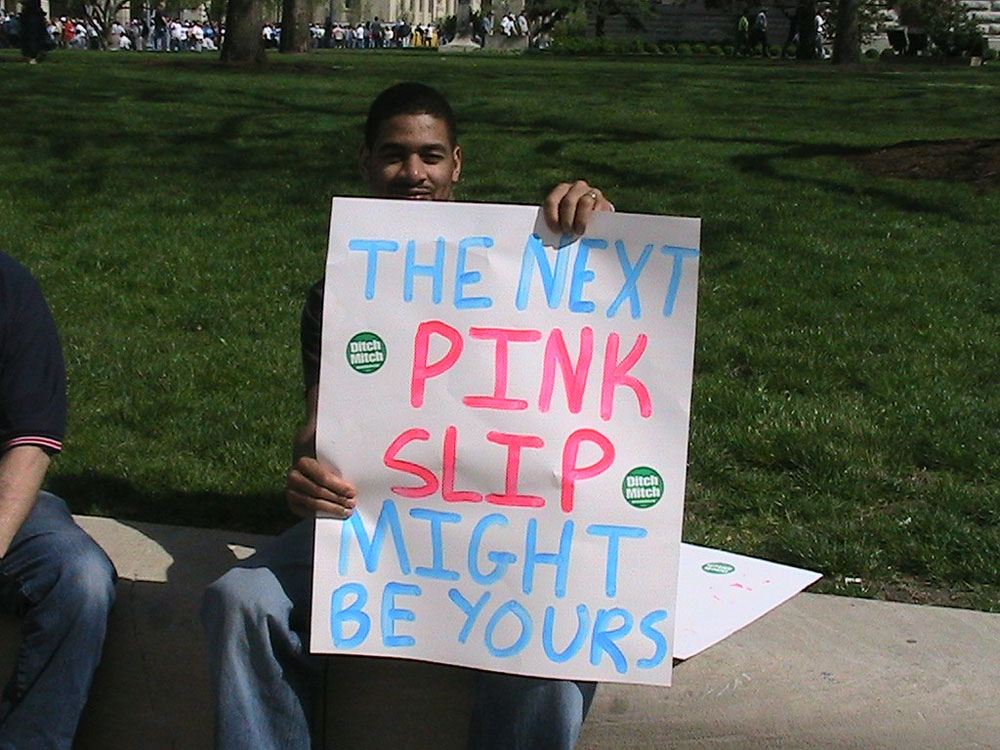
June 14, 2020; Crain’s Cleveland Business
As nonprofits across the country adjust to life with COVID-19 and an entirely new and less mobile culture, they face an added source of grief: the self-funded unemployment insurance plan. For decades, nonprofits have been able to self-fund their own unemployment insurance, which historically has saved many nonprofits, particularly those with few layoffs, a fair amount of money. As NPQ reported in April, according to Jon Pratt of the Minnesota Council of Nonprofits roughly 4,200 of Minnesota’s 9,100 nonprofit employers self-insure. Nationwide, Pratt estimates that there could be 100,000 employers—both nonprofits and local governments—that self-insure in this manner.
However, what happens when, despite solid staffing planning, the unthinkable happens and employees apply for benefits en masse—say because a pandemic-induced economic shutdown causes mass layoffs beyond the control of any single nonprofit? COVID-19, coupled with the loss of revenue and vanishing individual donors, has been a recipe for a bill that is at best an unwelcome surprise and at worst too much to bear, as even the do-it-yourself legal site Nolo has recognized.
The CARES Act did provide some protection for nonprofits—covering half of the lump-sum unemployment costs for these employers. However, nonprofits are having to fight just to maintain that limited protection, as the US Department of Labor has said nonprofits must pay all costs up front, then file for reimbursement. On June 19th, Chuck Grassley (R-IA), Sherrod Brown (D-OH), Tim Scott (R-SC) and Ron Wyden (D-OR) introduced the Protecting Nonprofits from Catastrophic Cash Flow Strain Act into the US Senate Finance Committee to mandate that the federal government cover its 50 percent up front, rather than force nonprofits to file for reimbursement.
The cost involved can be significant. Anne Richards runs one such nonprofit that is working to shoulder the burden from a self-funded plan. Richards is the CEO of Goodwill Industries of Greater Cleveland and East Central Ohio. She told Crain’s Cleveland that they have self-funded their unemployment for a very long time, opting to pay on a case-by-case basis rather than pay monthly into the state fund.
Sign up for our free newsletters
Subscribe to NPQ's newsletters to have our top stories delivered directly to your inbox.
By signing up, you agree to our privacy policy and terms of use, and to receive messages from NPQ and our partners.
“The reason we made that business decision was because our mission is to put people to work,” Richards stated. “So, we assumed that we would never have to need to pay two months of unemployment benefits to people, because that’s not what we do. We keep people working.”
Now, with 650 of its 715 employees laid off for several weeks, that cost is nearing $1 million for the nonprofit. For Richards, the CARES Act is offering some solace, but with no end of the impact of the virus on the horizon, nonprofits are bracing for life after the temporary boost the federal aid provided and for some it is not pretty. The net effect is that instead of its typical unemployment bill of $34,000, the nonprofit anticipates a bill closer to $500,000.
Across town at the YMCA of Greater Cleveland, Chief Financial Officer Holly DuPlain is crunching some different numbers, while dealing with a similar issue of ballooning unemployment costs. However, DuPlain and the YMCA belong to a third-party trust that helps the organization establish, invest, and ultimately draw from its unemployment reserves. This membership could ultimately cut their liability and exposure in half.
DuPlain and Richards are certainly not the only ones worried. Many state nonprofit associations have been pressing their state governments to cover at least part of the 50 percent that the federal government isn’t covering. In Montana, the state acted quickly to do so. In Ohio, nonprofits are finding some sympathetic legislators. Fearful of losing some nonprofits that will be key to rebuilding the community after COVID-19, Ohio State Senator Nickie J. Antonio (D-Lakewood) is among them.
According to Crain’s, Antonio is asking for a relief package that offers nonprofits grants rather than loans to bridge the needed cash flow and, importantly, hold them harmless with no penalties until they’ve had a period of time to recover. It remains to be seen how many nonprofits will be left vulnerable by self-funded unemployment plans, and how many other states will craft or pass similar legislation.—Carrie Collins-Fadell













